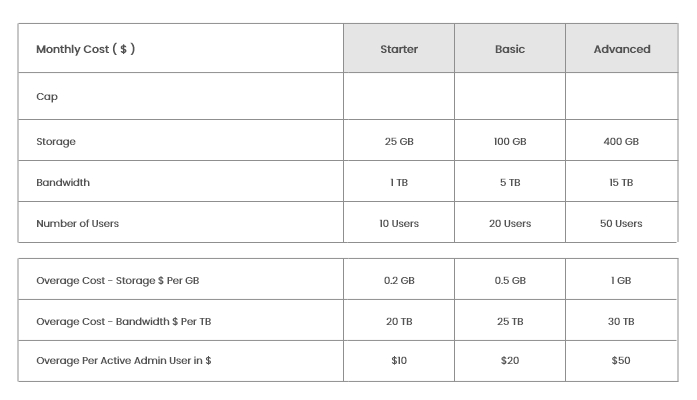



Why You Should Use Google Lighthouse and What Is It?
Detailed information on Google's opinions of your website...
Google provides a wide range of tools to help business owners and marketers alike get the outcomes they want from their websites. We've probably mentioned tools like Google Page Speed, Search Console, and Load Time testing, but what about the little more recent Google Lighthouse?
Google Lighthouse: What is it?
You may enhance the efficiency and user experience of your website by using Google Lighthouse, a totally free tool. Any web page can be entered into Lighthouse, and you will receive a report automatically analyzing your page performance.
It gives you information about how well your website or page is working as well as suggestions for how to make it better.
For each parameter that Google Lighthouse evaluates, you'll receive a score out of 100; the higher the score, the more optimized Google thinks your site is.
What Measurements Are Made?
There are four distinct sections in the lighthouse report:
- Performance
- Accessibility
- Best Practices
- SEO
Additionally, a fifth part is dedicated to Progressive Web Apps.
If you do make improvements based on a lighthouse report's advice, be sure to check back to see if your score has increased. The results of your report may vary as Google evaluates your website.
Why Am I Concerned With the Results?
Your conversion rate may decrease by 7% for each additional 100 milliseconds it takes for your site to load.
This report provides you with detailed information on Google's opinions of your website as well as some of the factors that Google believes are crucial to its algorithm.
We are aware that factors like page speed and mobile responsiveness affect the algorithm, but what about some of the smaller adjustments you could be making or even places where your SEO could be strengthened?
Enhancing these factors will not only help you climb the Google ranks, but it will also enhance site user experience, which will increase the conversion rate.
What distinguishes Lighthouse from Google Page Speed?
Although there are some very obvious changes between the two tools, if you've performed the Google Page Speed test on your website before, you might get quite comparable results in the Google Lighthouse test.
In contrast to Google Page Speed, which simply examines your page speed, Google Lighthouse provides a comprehensive view of your page experience by analyzing accessibility, best practices, SEO, and progressive web apps.
Google Lighthouse only uses lab analysis, in contrast to Page Speed, which draws its conclusions from both real-world and laboratory testing. As a consequence, your Page Speed statistics accurately reflect how both users and search engines perceive your website.
In conclusion, you must combine the two tools in order to achieve the best results from your website. You don't want to concentrate on one instrument at the expense of the other's effectiveness.
For instance, it is not worthwhile to increase your Google Page Speed score by 5 points if doing so causes your SEO and Accessibility rankings on Google Lighthouse to decline by 10 points each. It's a delicate act of balance, but the rewards might be astounding if you succeed.
Hocalwire CMS handles the technical parts of keeping Large Sitemap, Indexing pages for Google, Optimizing page load times, Maintaining assets and file systems, and Warning for broken links and pages while you handle all these non-technical components of SEO for Enterprise sites. If you're searching for an enterprise-grade content management system, these are significant value adds. To learn more, Get a Free Demo of Hocalwire CMS.

